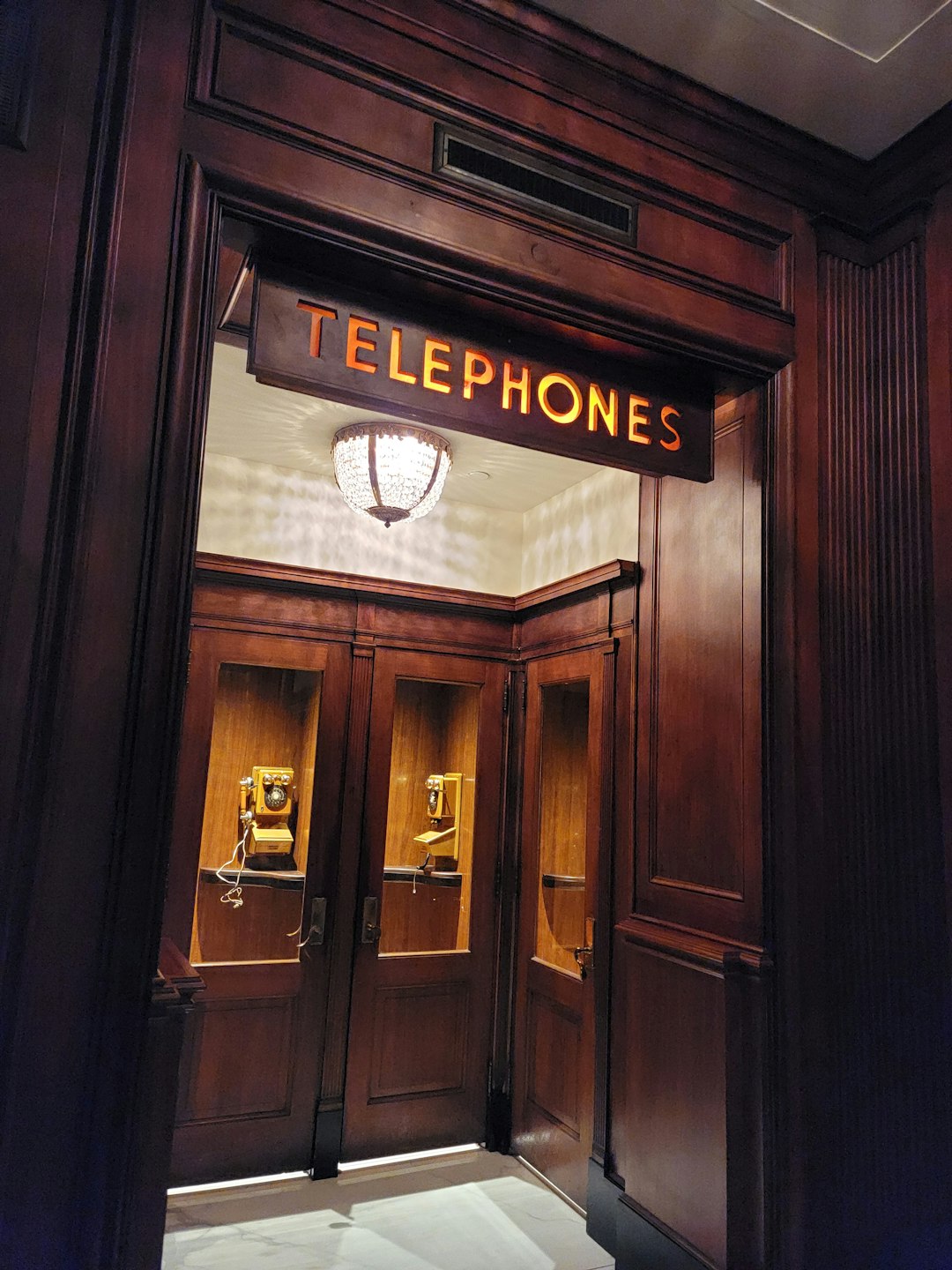In California, spam calls have evolved from simple, identifiable ads to complex scams using AI-generated fake voices. While laws like CCPA and TCPA offer protections, the rise of voice cloning presents new challenges. Spam call lawyers and attorneys in California are guiding clients affected by these scams through privacy invasion damages or class-action lawsuits. To combat modern spam calls, California must adapt its legal framework, leveraging advanced technologies and collaborating with policymakers to protect residents from fraud. Spam call law firms use sophisticated software and AI/NLP to detect and mitigate cloned spam calls, offering specialized legal services to counter deceptive practices.
In today’s digital age, spam calls have evolved into a persistent and sophisticated nuisance, with voice cloning techniques adding another layer of complexity. This article delves into the current state of combat against these fraudulent practices in California. We explore how spam call lawyers and attorneys across the state are navigating legal frameworks, employing advanced detection methods, and tackling the challenges posed by voice cloning technology to protect consumers from deceptive calls. Understanding these strategies is crucial for both residents and spam call lawyers California as they strive to keep up with evolving scams.
Understanding Spam Calls and Voice Cloning: The Current Landscape in California

In California, as in many parts of the world, spam calls have become a persistent and problematic aspect of modern communication. These unwanted phone calls often involve pre-recorded messages or automated systems that bombard recipients with advertisements, promotions, or even fraudulent schemes. While some spam calls are easily identifiable, the rise of advanced technology has given birth to a more insidious form: voice cloning. Spammers now use artificial intelligence (AI) and machine learning algorithms to replicate real voices, making it increasingly difficult for recipients to distinguish between legitimate calls and fraudulent ones.
California’s current legal landscape offers some protections against spam calls, including restrictions on automated phone systems and requirements for clear consent. However, the emergence of voice cloning has created a new challenge. Lawyer for spam call California, spam call attorneys California, and spam call law firms California are increasingly called upon to navigate this complex issue. They work with clients who have fallen victim to these sophisticated scams, providing guidance on legal options, such as seeking damages for invasion of privacy or engaging in class-action lawsuits against the perpetrators. With technology advancing rapidly, California’s approach to tackling spam calls and voice cloning must evolve to protect its residents from these modern forms of nuisance and fraud.
Legal Frameworks and Regulations Against Spam Calls in California

California has established a robust legal framework to combat spam calls and protect its residents from unwanted telemarketing practices. The state’s laws are designed to give consumers control over their phone lines, with strict penalties for violators. The California Consumer Privacy Act (CCPA) grants Californians extensive rights regarding their personal information, including the ability to prevent their data from being sold or shared for telemarketing purposes. This legislation has empowered residents to take action against spam call lawyers and attorneys who engage in aggressive marketing tactics.
Additionally, the Telephone Consumer Protection Act (TCPA) at the federal level complements California’s state laws. These legal frameworks collectively provide a solid foundation for Californians to seek justice and compensation from spam call law firms and their associates. Residents can consult with specialized spam call lawyers or attorneys who can guide them through these regulations, ensuring they exercise their rights effectively.
Detection Methods and Technologies Used by California Law Firms

California’s law firms employ a range of detection methods and technologies to combat spam calls, leveraging advanced tools designed to identify and mitigate fraudulent activities. These include sophisticated voice recognition software capable of analyzing call patterns, speech characteristics, and inconsistencies in caller identities. By comparing recorded voices against databases of known spammers and utilizing machine learning algorithms, these systems can accurately flag suspicious calls.
Moreover, many law firms in California integrate artificial intelligence (AI) and natural language processing (NLP) to enhance detection capabilities. These technologies enable the analysis of call content, including subtle variations in speech patterns and the use of automated scripts, aiding in the identification of cloned voices. Such innovative approaches not only protect clients from deceptive practices but also empower spam call lawyers California, spam call attorneys California, and law firms to provide specialized legal services for victims of these fraudulent activities.
Challenges and Future Directions for Combating Spam Calls with Legal Expertise

Detecting and mitigating spam calls, particularly those employing voice cloning technology, pose significant challenges for California residents and businesses alike. While advancements in artificial intelligence have made it easier to identify automated calls, sophisticated cloning techniques can still slip through the cracks. The rapid evolution of these technologies necessitates a dynamic legal response from spam call lawyers and spam call attorneys in California.
Looking ahead, spam call law firms in California must collaborate with policymakers and technology experts to stay ahead of the curve. Future directions could include updating existing spam call laws to address emerging cloning techniques, promoting industry-wide best practices for caller identification and authentication, and fostering public awareness campaigns to educate consumers on spotting and reporting suspicious calls. Engaging in these proactive measures will be crucial in safeguarding California residents from deceptive voice-cloned spam calls.






